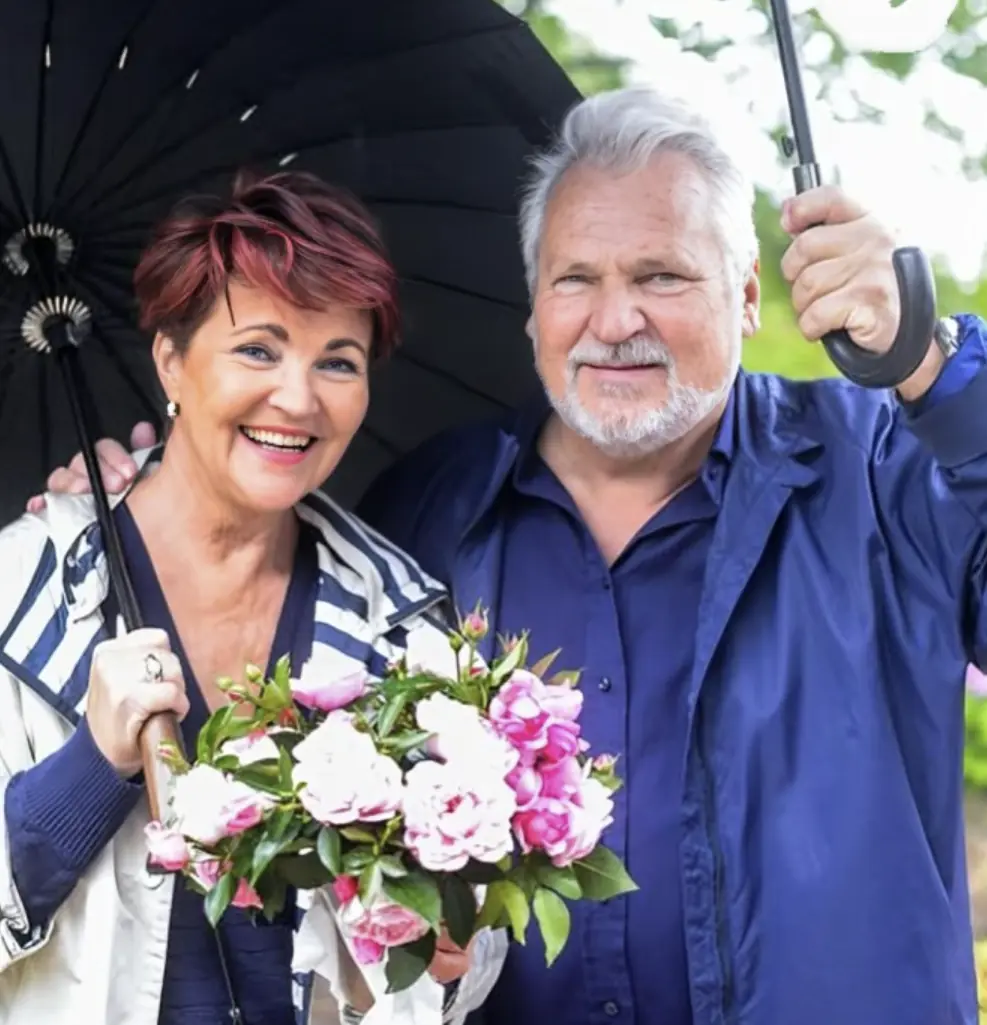
My Apartment Belongs to My Mother-in-Law: A Tale of Unexpected Consequences

For fifty-two years, my wife and I had lived in the same apartment — a modest but warm place with creaking wooden floors and sunlit curtains. It was where our children grew up, where we hosted noisy dinners, and where we sat in silence when life got quieter with age. I often believed that the walls held our memories like pressed flowers in a book.
But it turned out, the book was never really ours.
The story began innocently enough. Years ago, when my wife’s mother — a sharp, dramatic woman named Irina — offered to help us buy this apartment, we accepted with gratitude. We were newly married, our pockets thin, our dreams large. She insisted on handling the paperwork herself because she “knew the right people.” We never questioned it. We trusted family.
That trust would become the very thing that shook our lives later.
When we were both in our seventies, our daughter Lena decided to move to another city, and our son was absorbed by his work. The apartment became quieter than ever. My wife, Marina, spent her afternoons knitting and watering her geraniums on the balcony. I wrote letters to old friends who rarely replied. We thought the last years of our life would be peaceful — slow but calm.
But peace can shatter quietly… starting with a phone call.
One morning, Marina answered the phone and turned pale. It was her mother — eighty-eight years old but somehow still commanding, still sharp. She said she couldn’t climb stairs anymore and would be “moving back into her apartment for good.” Marina weakly replied, “What apartment…? Mother, you live near the river.” Irina calmly responded:
“No. I mean the apartment that belongs to me. The one you’re living in.”
We thought she was confused by age. But we were the ones who didn’t understand.
Within two days, Irina arrived — suitcase, cane, and a box of old documents. She showed us the deed. The apartment had always been in her name. Legally. Fully. Indisputably.
I stared at the paper in disbelief. Fifty-two years. All the renovations. The furniture. Every door hinge I had repaired. Every tile Marina had cleaned a thousand times. The memories were ours — but the walls were not.
“We never paid rent,” she said with a victorious smile, “so I consider it good compensation that you took care of the place for me all these years.”
A chill ran through me.
She wasn’t planning to let us stay.
The next week was unbearable. She criticized everything — where we placed furniture, how Marina cooked, how slow I walked. She demanded we silence the old cuckoo clock because “it stressed her nerves.” Marina became unusually quiet. Her hands shook as she knitted. Her smile faded like a photo left in the sun.
One night, as I closed the window, I heard Irina talking on the phone in the hallway. She said, “They’ll be out of here soon. I already spoke to a realtor. When they go to that retirement home, I’ll renovate the whole place.”
Retirement home?
She hadn’t told us. But she had a plan.
Soon, documents started arriving — suggestions for assisted living facilities. Pamphlets slipped under the door. Marina cried for the first time in years. I held her hand and realized something:
We had spent our whole lives being polite, grateful, respectful. But we were still adults. And this was still our home — even if the law disagreed.
The next morning, I left the house early. I visited an old friend — a retired lawyer. I brought him coffee and gingerbread, and told him the entire story. He listened carefully and said something that felt like the first light of dawn:
“Ownership isn’t the only thing that matters. There’s another thing called residency rights — especially for seniors. In this country, you cannot be forcibly removed from the place you’ve lived for decades, even if it isn’t in your name.”
I felt my heartbeat return.
He helped us write an official statement. We submitted documents proving we had maintained the apartment, paid utilities, invested in renovations, and had lived there consistently for half a century. Legally — we didn’t own the apartment. But morally — we belonged to it. And the law protects people like that more than most know.
Irina was furious when she found out. She shouted, slammed doors, threatened to leave and take everything with her. But eventually… she stopped.
She wasn’t young anymore. Maybe she was tired of fighting. Maybe she realized she wanted care more than control. Maybe — though she’d never admit it — she had simply wanted attention from her daughter.
Weeks later, she softened. She began eating meals with us. She complimented Marina’s soup. She asked about my back pain and offered ointment — the old Soviet kind that smells terrible but works miracles. It was not love. But it was some kind of acceptance.
One evening, she surprised us with a quiet confession.
She looked around the apartment — the curtains Marina had sewed, the rocking chair I built, the hallway where our children learned to walk — and she said, “I put my name on the papers. But… this place is not mine. It holds your life.”
Tears filled her eyes. It was the first time we had seen her vulnerable. In that moment, I understood something: some people build houses. Others build homes.
We were never the richest family. We were never the loudest or the most impressive. But we built something stronger than bricks — we built history. And no document can erase that.
Today, we all still live here — three old souls under one roof. The papers still have Irina’s name. But the memories have ours. And when the sun hits the balcony just right, Marina smiles again. The geraniums bloom. The clock ticks freely.
And sometimes — though she won’t admit it — Irina hums to the sound of it.
Because in the end, even she knows:
A home doesn’t belong to the person whose name is written on the deed… but to the ones whose hearts kept it alive.
News in the same category

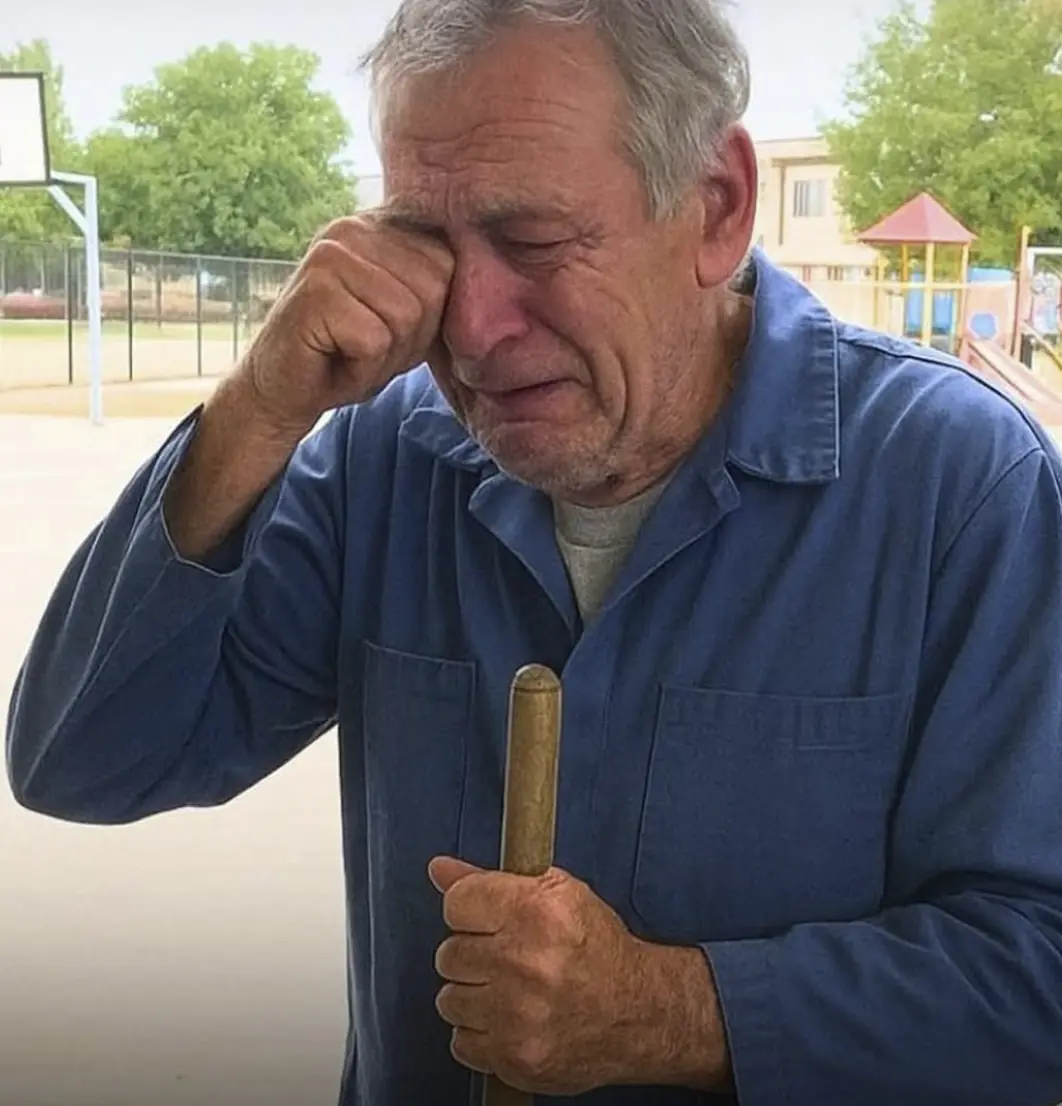
School principal dismisses elderly janitor and regrets it deeply after noticing his old, worn-out watch – A story of realization
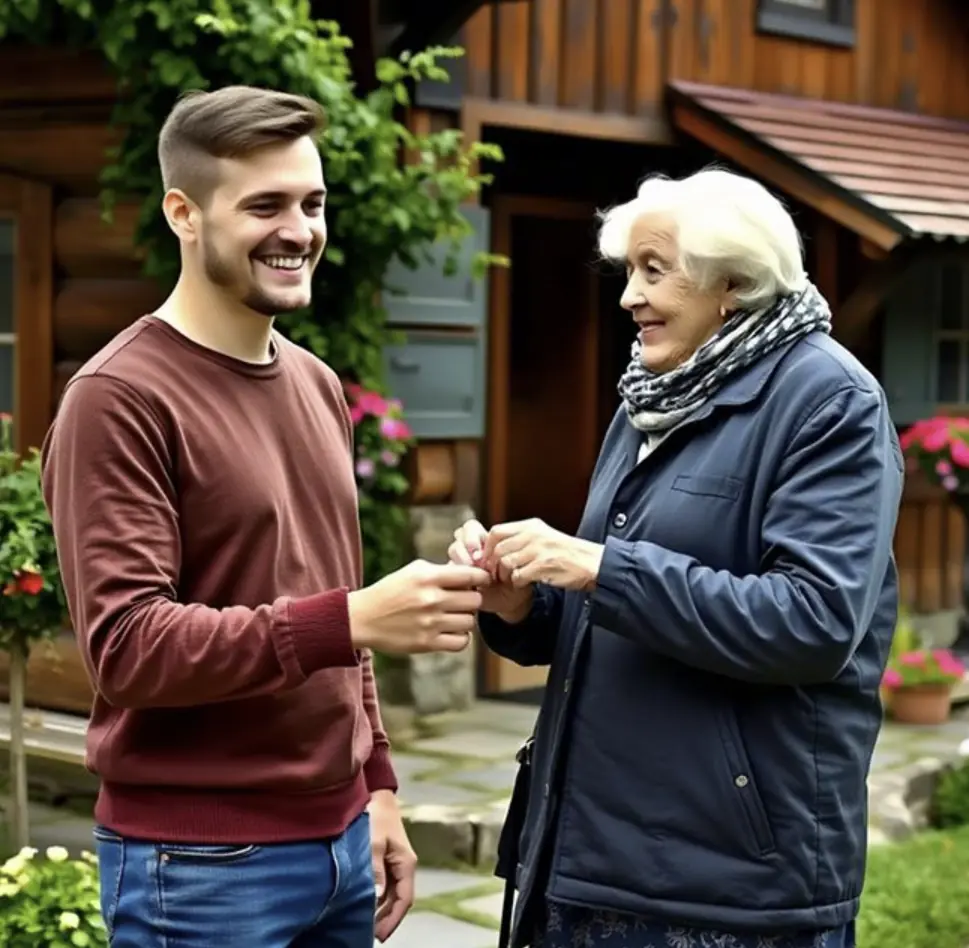
Son-in-law buys his mother-in-law a luxurious dacha, but when strangers start showing up there, what she did shocked everyone

When My 10-Year-Old Daughter Returned from Her Grandparents in Tears: The Shocking Truth I Discovered

They Told Me I Adopted Their Child—Now They Won’t Let Me Go

Our Family Heirloom Disappeared—and My Own Daughter Was The Suspect

Bernedoodle melts internet’s heart giving brother sweetest hugs after school
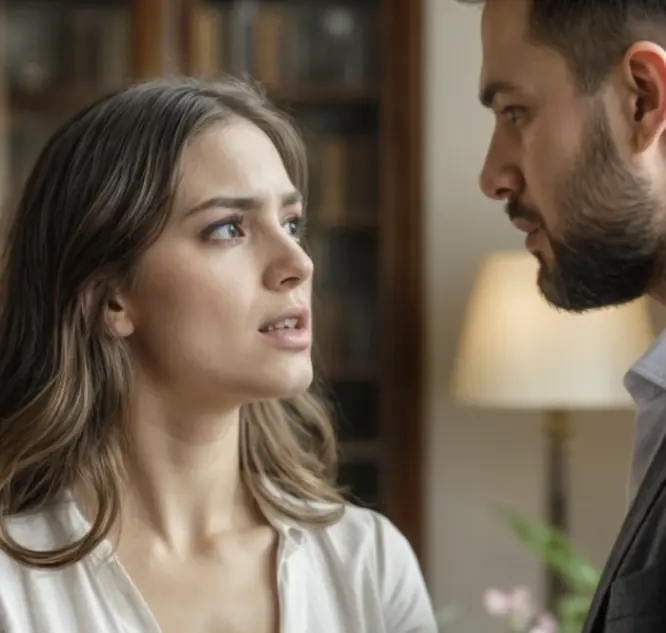
I don’t give a damn what YOUR MOTHER wants from me! She’s nobody to me! So deal with her problems yourself! Got it?
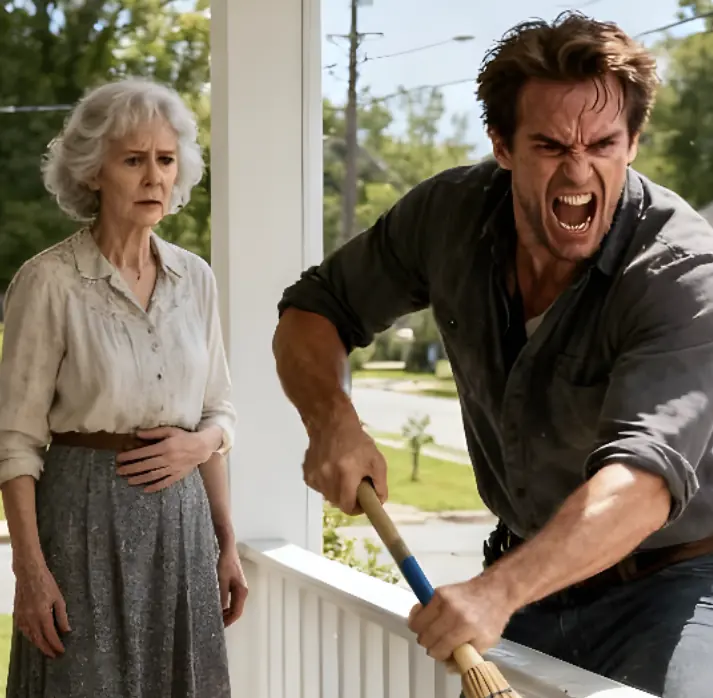
The Battle for Family Legacy: A Story of Justice
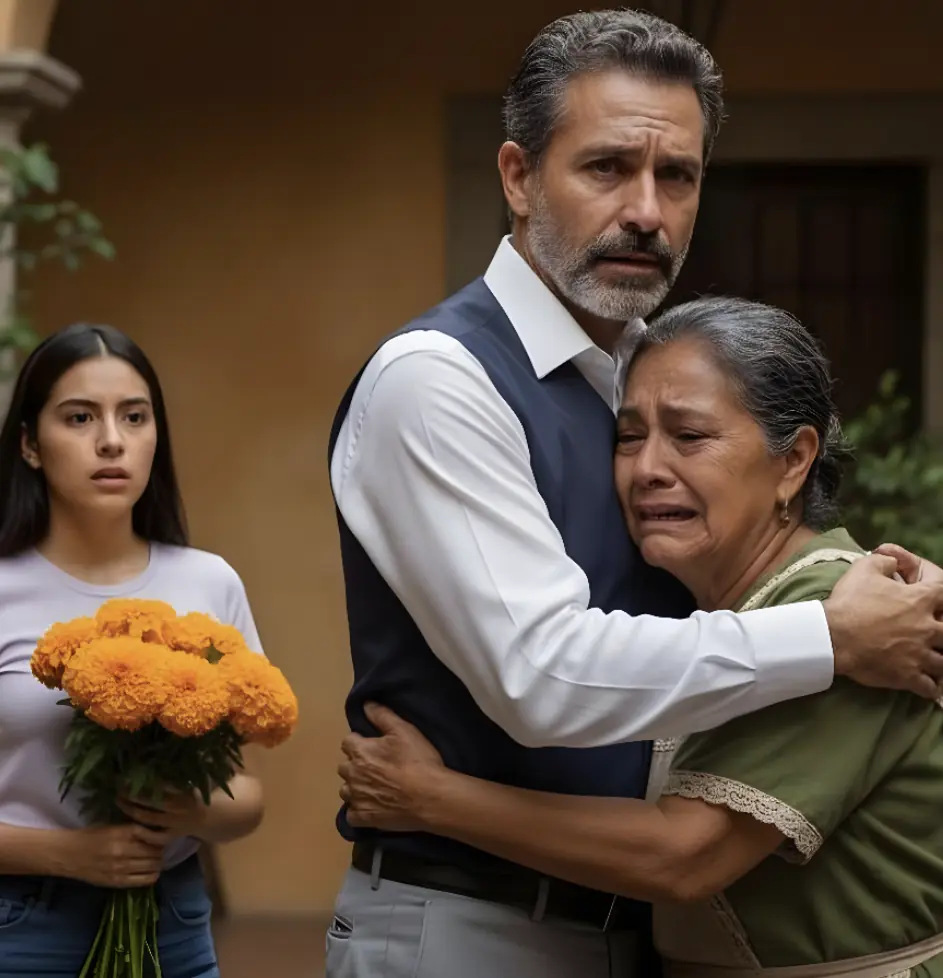
A Journey of Love and Rediscovery

A wealthy man gifted his farm to a stranger — when his fortune vanished, he returned to see if his kindness would be repaid

Back again with your junk? Well then, come in and see who’s the lady of the house now! — he said mockingly

He told his wife he was bankrupt and pushed to sell the apartment, but what he was really after was something else
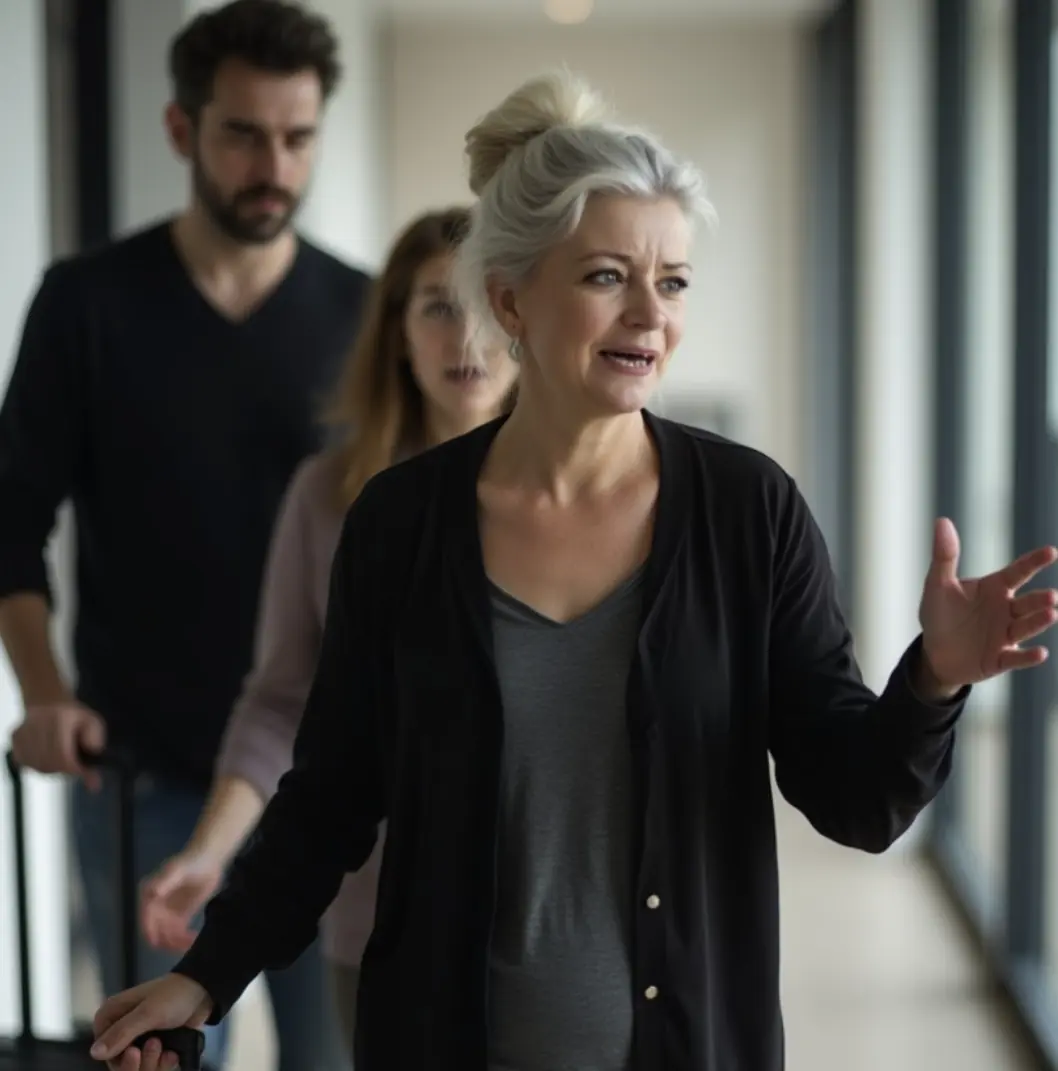
Why should I move out? This is my home!” — I shot my mother-in-law a fierce glare

He left his wife for me, but I never expected what happened after
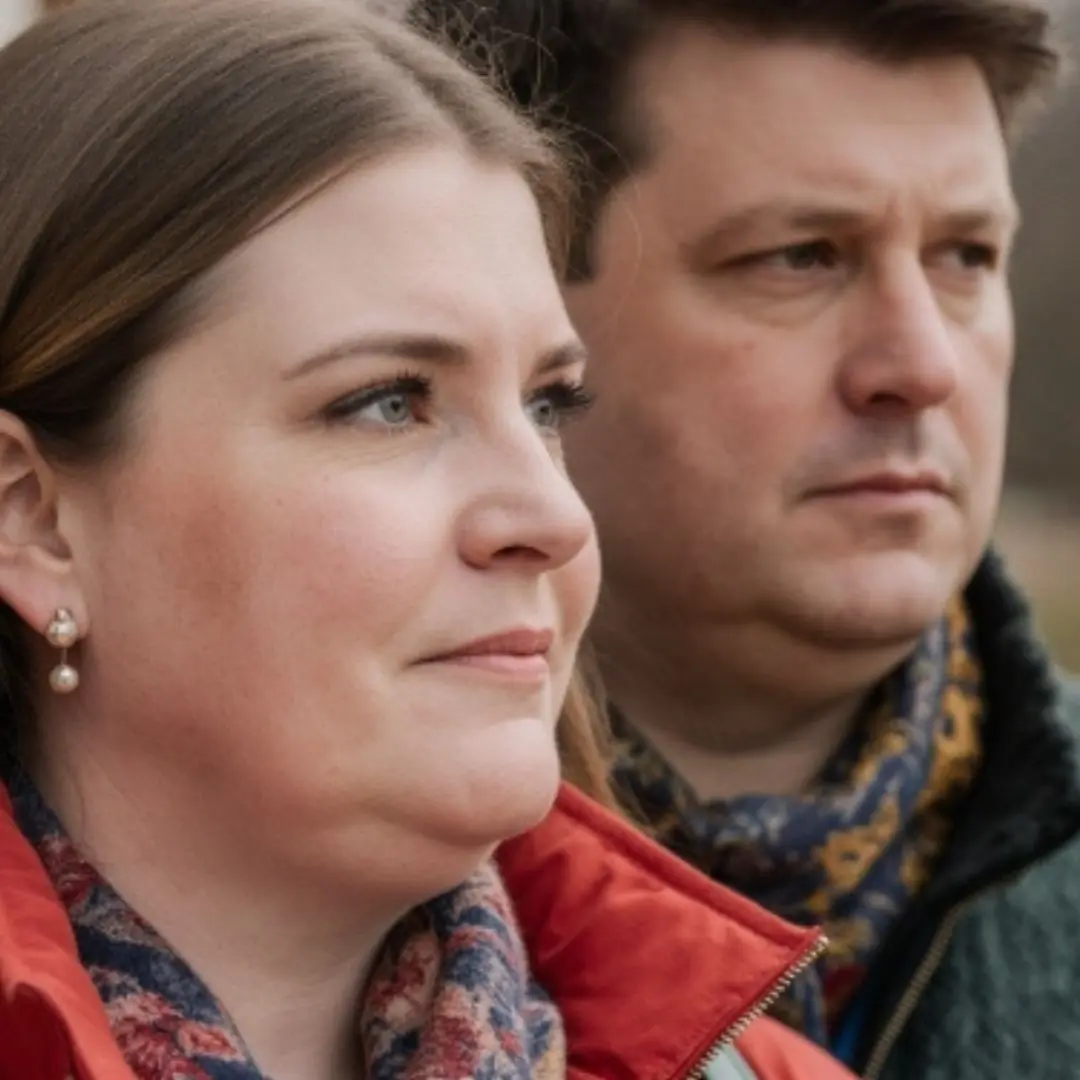
Caught Off Guard: A Wife’s Journey from Betrayal to Liberation
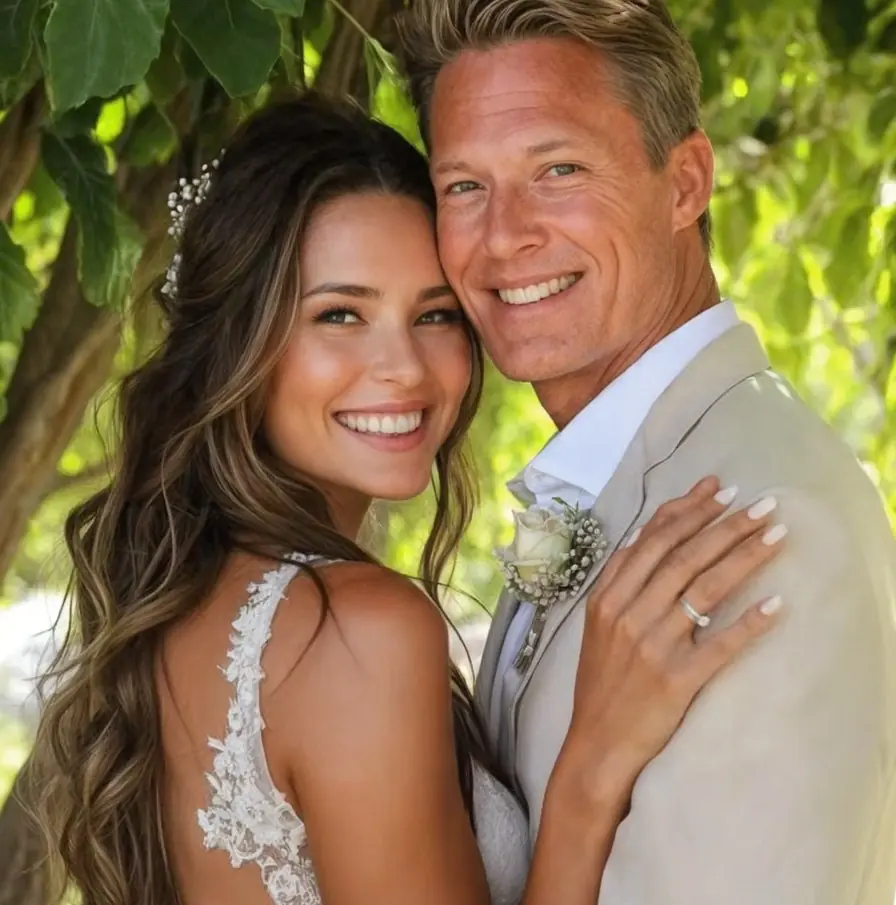
I Walked Down the Aisle Believing Love Could Conquer All, but Marrying My Teacher Led to a Wedding Night I Could Never Have Imagined

She’ll bring light to darkness”—the midwife’s prophecy the day she was born

I Returned Home From the Hospital Ready to Welcome My Baby—Only to Discover My Mother-in-Law Had Turned the Nursery Into a Nightmare
News Post

Oreo Honeybun Cake with Cinnamon Cookies 'n Cream Icing

We were the happiest couple in the world.

School principal dismisses elderly janitor and regrets it deeply after noticing his old, worn-out watch – A story of realization

Son-in-law buys his mother-in-law a luxurious dacha, but when strangers start showing up there, what she did shocked everyone

10 Simple Tips to Make Sure You Never Get Fooled by Fake Goods Again

These 5 Foods Are the Real “Silent Kil.lers” Hiding in Your Kitchen!

Fruit & Granola Yogurt Parfait – Fresh, Creamy & Simply Perfect

Mixed Berry Cheesecake – Creamy, Fruity & Stunning

Baked Mac and Cheese – Creamy, Cheesy & Oven-Perfect

When My 10-Year-Old Daughter Returned from Her Grandparents in Tears: The Shocking Truth I Discovered

French Onion Soup – Rich, Comforting & Classic

They Told Me I Adopted Their Child—Now They Won’t Let Me Go

Our Family Heirloom Disappeared—and My Own Daughter Was The Suspect

Bernedoodle melts internet’s heart giving brother sweetest hugs after school

I don’t give a damn what YOUR MOTHER wants from me! She’s nobody to me! So deal with her problems yourself! Got it?

The Battle for Family Legacy: A Story of Justice

A Journey of Love and Rediscovery

A wealthy man gifted his farm to a stranger — when his fortune vanished, he returned to see if his kindness would be repaid
